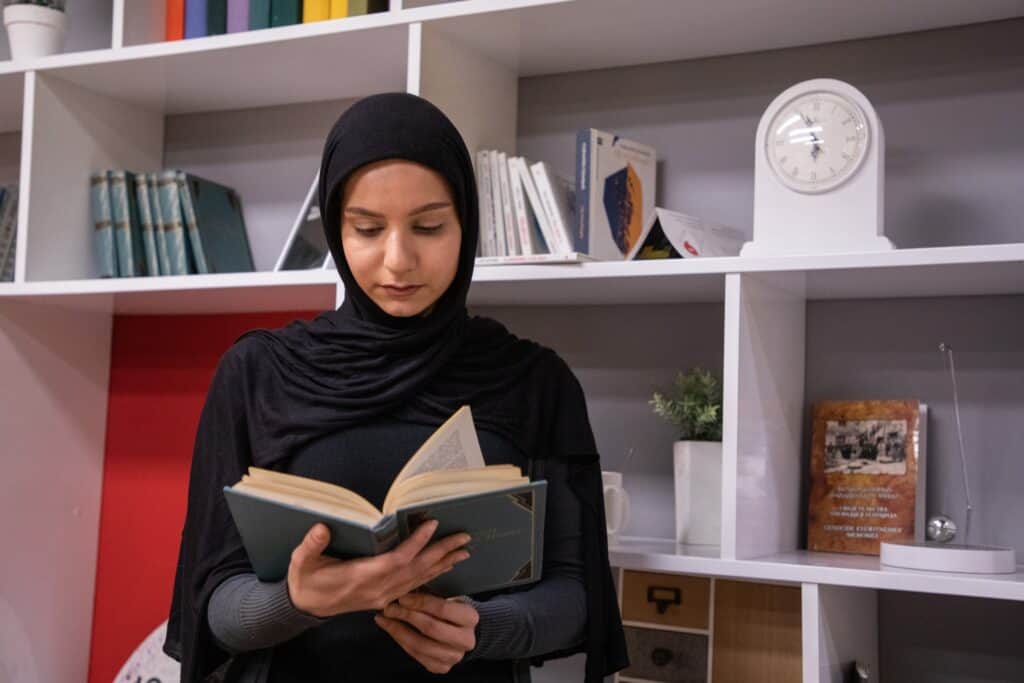Faith & Feelings: How Islam Supports Your Mental Health
Mental health is a vital aspect of our overall well-being, yet it remains stigmatized in many Muslim communities. Conversations around anxiety, depression, or mental illness are often avoided, cultivating a general attitude of “don’t talk about our problems.” This often leaves those who are struggling feeling isolated or invalidated.
As followers of the Prophet and his family (pbut), we must confront this stigma and foster a supportive environment where seeking help is encouraged. Religious leaders and community members alike bear the responsibility to address these issues from the pulpits and in daily interactions, prioritizing empathy and understanding over judgment.
The Pillars of Mental Health
Modern psychology identifies key pillars of mental health: experiencing positive emotions, engaging in fulfilling activities, nurturing relationships, finding purpose, and achieving satisfaction. These align closely with Islamic principles, emphasizing a balance between the physical, emotional, and spiritual realms.
- The Physical Realm: Exercise & Healthy Diet

Islamic teachings highlight the importance of physical health as a foundation for mental well-being. The Prophet Muhammad (pbuh&hf) emphasized physical activity, saying, “Surely God loves the man who is strong” (Bihar al-Anwar, vol. 61, p 184). Modern science confirms that regular exercise triggers chemical changes in the brain, boosting mood and reducing anxiety.
Healthy eating is another cornerstone. Imam Ja’far al-Sadiq (p) advised, ”Children of Adam must eat to keep their backs straight. When one eats, keep one-third of your stomach for food, one-third for water, and one-third for breathing” (Al-Kafi, vol.6, b. 5, ch.21, h. 988). These teachings encourage moderation and mindful eating, which promote physical and mental health.
- The Spiritual Realm: Prayer & Supplication

Spiritual practices profoundly impact mental well-being. Prayer, particularly in the early hours after Fajr, sharpens the mind and instills peace.
Imam Ali (p) remarked, “Sometimes the hearts move forward and sometimes they move backward” (Nahjul Balagha, h. 312). This wisdom acknowledges the natural fluctuations in our emotional and spiritual states. Our connection with God will ebb and flow, but we will feel at our best when we put in extra effort to nurture this relationship.
Nightly supplications, solitude for reflection, and consistent turning towards God imprint the soul with resilience and tranquility. The Prophet (pbuh) himself sought solitude in the cave of Hira, teaching us the value of introspection and personal space.
- The Social Realm: Healthy Relationships
Time with Family: The Prophet (pbuh) advised Abu Dharr that spending time with family holds greater merit than additional acts of worship. Other reports speak to the significance of positive family relations and striving to never cut ties with our blood relatives. Along with these benefits, our family can be a source of great love and comfort.

Love and Compassion for Children: Studies show that a strong support system reduces childhood mental health risks. Islam emphasizes showing love through affection, such as hugs, kisses, and kind words, building a nurturing environment for their development.
Mentorship and Peer Support: The Prophet (pbuh&hp) and Imams (pbut) demonstrated care for their students, companions, and followers, asking about their families and well-being. These interactions fostered trust and emotional support. If we build a more united, compassionate community, we will feel empowered to turn to one another in times of need without fear of judgment.
Balanced Time and Self-Care: Personal time for reflection, coupled with communal engagement, supports mental resilience. The Prophet (p) stated, “Contemplation is the life of the discerning heart, just as one walks in darkness with light, through the good purification and minimal hesitation” (Bihar al-Anwar, vol. 74, p. 135). Through independent reflection, one can gain reassurance, clarity, and inner peace.
Mental health is not separate from our faith; it is an integral part of our holistic well-being. Let us normalize conversations around mental health, seek help when needed, and support one another through empathy and understanding. As the Quran reminds us, “Indeed, with hardship comes ease” (94:6). Our tradition provides ample guidance to navigate challenges, ensuring we thrive both in this world and the next.

Leave a Comment:
You must be logged in to post a comment.